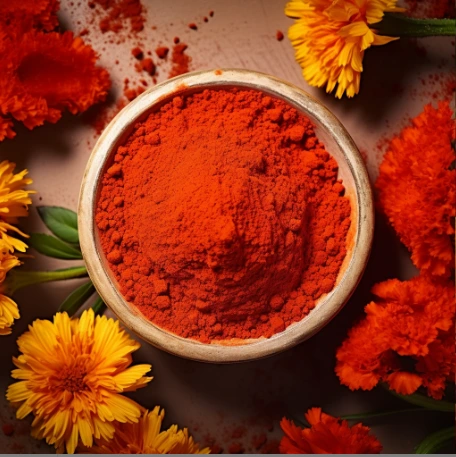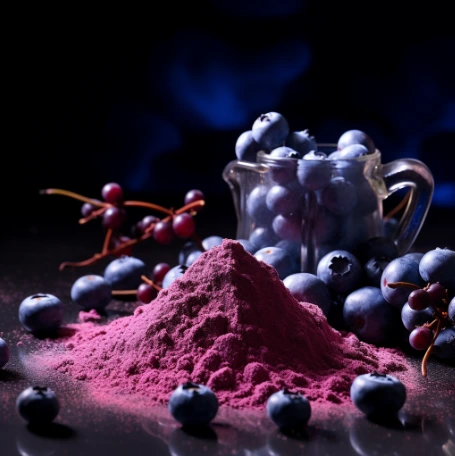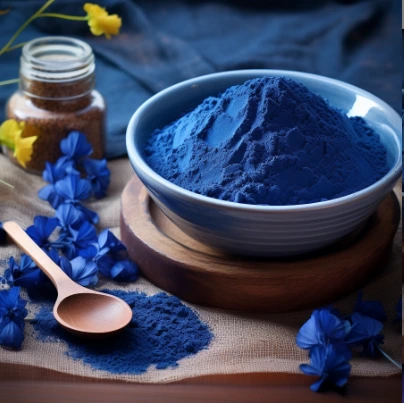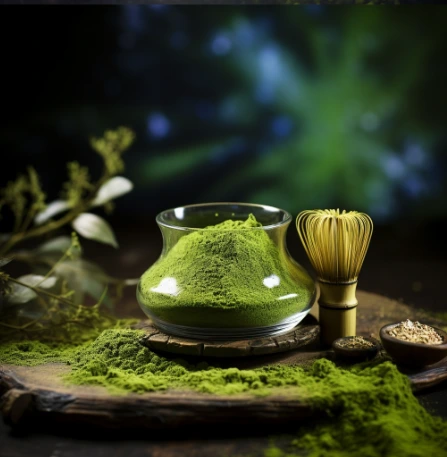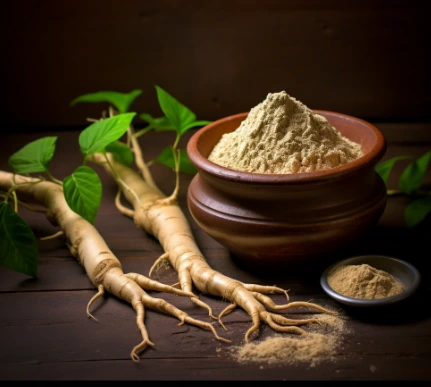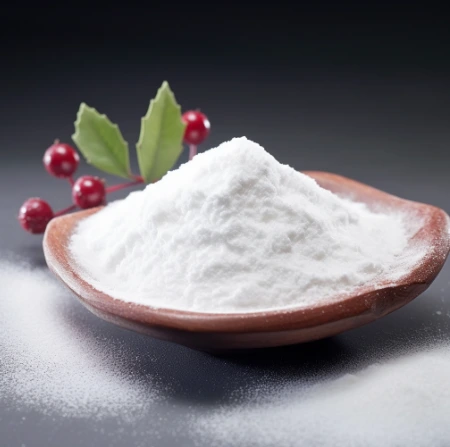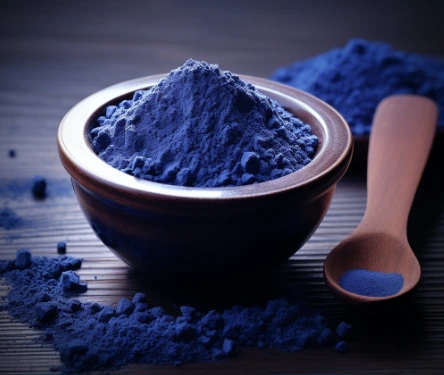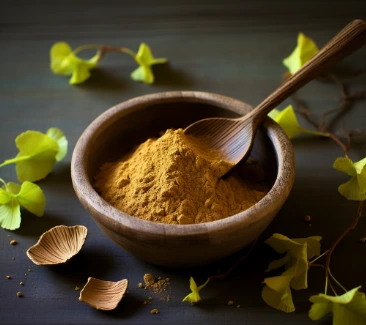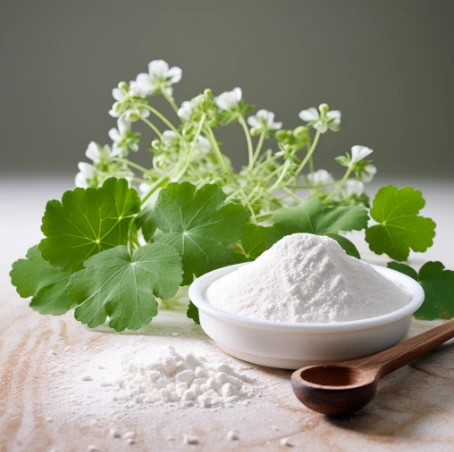
Natural Extracts & Cosmetic Ingredients Supplier
Backvita Biotech Inc, located in Xi’an High Tech Zone, Shaanxi China. Xi’an, a world famous ancient city with great culture and a morden international city drived by advanced science and technology. Especially the morden biotechnology combine with traditonal authentic medicinal herbs, it play an important role on human health wordwide. Same as this city, Backvita is determined to inherit traditional Chinese herbal medicine and TCM theory, combined with modern technology, to pass on classics and health to our partners and friends around the world. Welcome to Backvita, welcome to vitalize wellness back.

